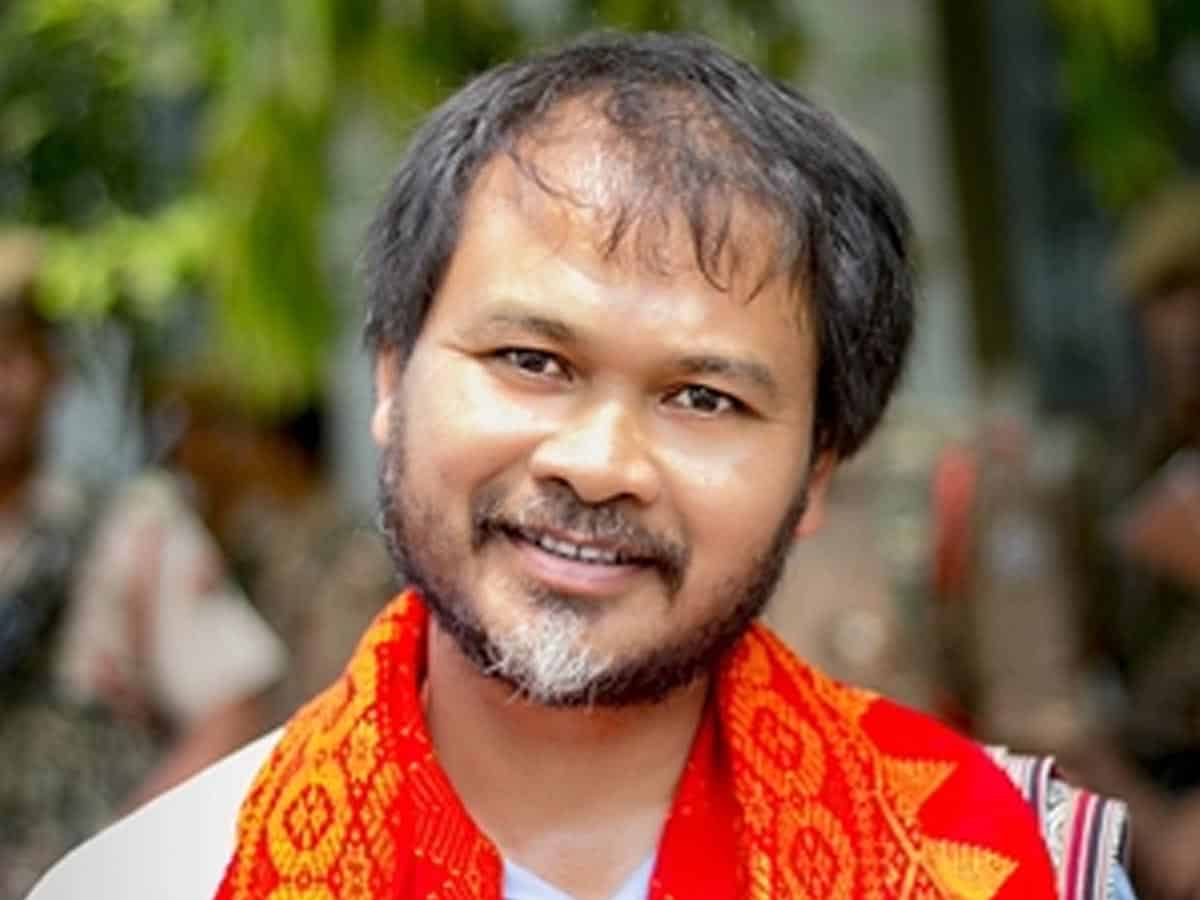
New Delhi: The Supreme Court has granted independent Assam MLA Akhil Gogoi protection from arrest in connection with a case related to anti-CAA protests and suspected Maoist links, and sought response from the National Investigation Agency (NIA) on his plea.
The lawmaker, who has allegedly been vocal against the Central government during the anti-Citizenship Amendment Act protests, moved the top court against the February 9 order of the Gauhati High Court allowing the special NIA court in Assam to proceed with the framing of charges against him in one of the two cases.
“Let notice be served on the standing counsel for the State (NIA), for the limited purpose of considering the grant of protection to the petitioner from arrest pursuant to the impugned order, returnable on February 24, 2023.
“In the meantime, the petitioner (Gogoi) shall be protected against arrest in connection with FIR bearing … dated December 14, 2019, Police Station NIA, Guwahati,” a bench of justices V Ramasubramanian and Pankaj Mithal ordered on Tuesday after hearing arguments from senior advocate Huzefa Ahmadi, appearing for the lawmaker.
Earlier, the high court had permitted the NIA to seek framing of charges in the special court against Gogoi and three of his associates in connection with anti-CAA protests and suspected Maoist links.
The high court’s order had come on an appeal of the NIA challenging the order of a special NIA court giving clean chit to the four.
A high court division bench comprising Justices Suman Shyam and Malasri Nandi had asked the agency to go ahead with framing charges after reopening the case.
“The high court has accepted NIA’s plea to reopen the case and frame charges against the four persons. The case will be heard again in the Special NIA Court,” Gogoi’s counsel Santanu Borthakur had said.
The MLA has come to the apex court against the order.
The other three accused were Dhaijya Konwar, Bittu Sonowal and Manash Konwar, all of whom got bail in the NIA case and were released from the jail.
Gogoi was the only one whose bail was rejected by the court and he was released after spending 567 days in jail once Special NIA Judge Pranjal Das cleared him along with the three others of all charges.
The Assam legislator and three others have been asked to appear before the special NIA court on February 23.
The NIA is investigating two cases against Gogoi related to anti-CAA protests. In one of those, the special NIA court had granted him bail, which was upheld by the Gauhati High Court too in April 2021 after the probe agency challenged it.
The RTI activist continued to be in judicial custody as he was rejected bail in the second case related to anti-CAA violence and was being investigated by the NIA.
Later, the special NIA court on July 1, 2021 released Gogoi and his three associates for their alleged role in the violent anti-Citizenship (Amendment) Act stir in the state in December 2019 and observed there was nothing to indicate that the “talk of blockade” threatened the country’s economic security or was “a terrorist act.”
The NIA then moved the Gauhati High Court appealing it to allow the agency to frame charges under various sections, including sedition, of the IPC and the Unlawful Activities (Prevention) Act, 1967.
In a strongly worded judgement, the special NIA court had said that in the interests of justice, it found the conduct and approach of the investigating authority in the case to be “discouraging”, to say the least.
“The court has high expectations from a premier investigating agency like the NIA, entrusted with the profoundly important task of protecting our country and us, citizens from the menace of terrorism.
“The court hopes and expects that such high standards will be upheld, for the sake of the country and this one will be just an exception,” the special NIA court had said in the order.
